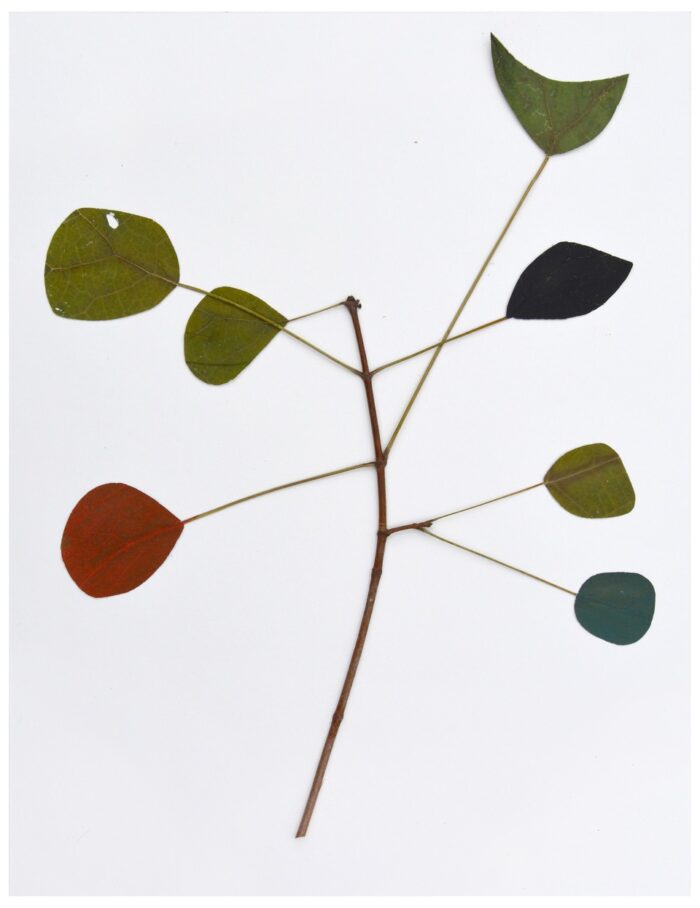Regula Dettwiler
Regula Dettwiler was born in Oberkulm, in the Swiss canton of Aargau. She studied art at the Lucerne University of Applied Sciences and Arts and from 1991 to 1996 sculpture with Bruno Gironcoli at the Vienna Academy of Fine Arts.
She received scholarships in Chicago, Paris, Montreal and Japan, among other places.
Regula Dettwiler lives in Vienna and Kleinriedenthal (Lower Austria) and works in the fields of drawing, installation, sculpture and art in public space.
Regula Dettwiler´s object of study is the artificial nature offered to us in a variety of places: from artificial leisure worlds to artificial flowers, which Dettwiler reproduces in the manner of an old master.
For this, she adapts the classification methods of the botanist and dissects often deceptively real bunches of plastic or silk into their components. Flower blossoms, calyx, seed, pods, stems, and leaves come together as a pseudo-scientific display board.
Only those who look closer can see the hints that they are surrogates, such as the little holes, with which the parts are bound together to a flower with the help of a pin system.
Dettwiler also records the species name and origin. Yet here is nor a reference to a plant´s native location, but instead, “Made in Taiwan”, or “Made in China.” Here, nature is part of a commodity aesthetic, reproduced decoration with great durability. The reference to the transience of everything beautiful, the dominant, metaphorical vanitas statement in Dutch still life painting, is invalid here.
Dettwiler´s botanical studies present industrially produced plants as series objects of research in an overly meticulous, protracted process, as though this were a hitherto undeveloped scientific field. On her large sheets, through earnestness an achieved realism, the artist lends a unique aura to a phenomenon previously dismissed with an upturned nose (but that´s just plastic!).
Her archive is one of artificiality and globalization of production. Orchids are also mass-produced throughout the world at low cost and are thus available to all and, most important, are affordable. The rarity, the delicate cultivation and care, that previously surrounded the status symbol are long gone.
The new, artificial production is marked by its ready availability to all. It has long been integrated into common circulation of quickly consumed and discarded commodities.
Nature no longer sets the conditions for enjoyment; instead, everyone can decide how long he or she wants to take pleasure, when room decorations that one has bought no longer match the furniture or carpet.
Dettwiler accompanies this process with a subtle critique without wagging a warning finger or making accusations.
(Text: Gabriele Mackert, curator)

photo: studio eggenberger

